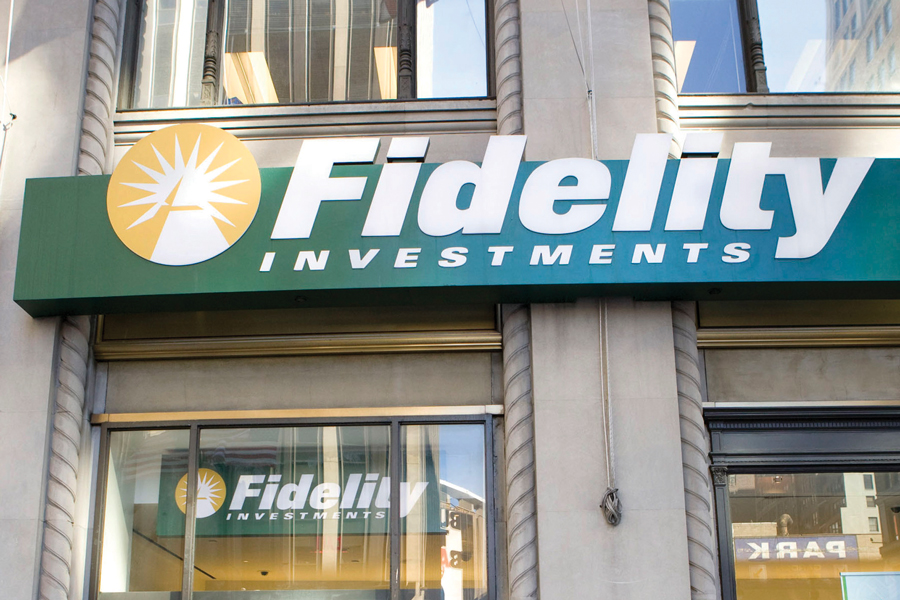

The country’s biggest 401(k) provider is seeking to build out its business in the brand-new pooled employer plan market.
On Thursday, Fidelity Investments became the latest company to register with the Department of Labor as a pooled plan provider. The Fidelity PEP, which appears to target small businesses, could significantly boost the company’s presence in that market – the bulk of its defined-contribution plan business is with large employers.
The service, which is expected to launch Feb. 1, has a $500 start-up fee and $1,200 annual cost for employers, according to data from the PEP’s website listed by the DOL. Participants pay a $100 annual subscription fee and pay 50 basis points for investment management. The employer and employee charges will be billed quarterly, according to the site.
The investments available in the PEP are all Fidelity mutual funds, including the company’s Freedom Blend target-date series.
The service also allows for companies to make matching contributions of 100% on the first 3% of employee deferrals and 50% on the following 2% of contributions, according to the site.
Fidelity is the named fiduciary and administrator for the plan.
The DOL began allowing pooled plan providers to register late last year, with the first such plans being able to launch Jan. 1. More than 40 entities had registered as pooled plan providers so far, according to the DOL’s site.
Go deeper on retirement at RPAConvergence.com.

Integrated Partners is adding a mother-son tandem to its network in Missouri as Kestra onboards a father-son advisor duo from UBS.

Futures indicate stocks will build on Tuesday's rally.

Cost of living still tops concerns about negative impacts on personal finances

Financial advisors remain vital allies even as DIY investing grows

A trade deal would mean significant cut in tariffs but 'it wont be zero'.
RIAs face rising regulatory pressure in 2025. Forward-looking firms are responding with embedded technology, not more paperwork.
As inheritances are set to reshape client portfolios and next-gen heirs demand digital-first experiences, firms are retooling their wealth tech stacks and succession models in real time.
